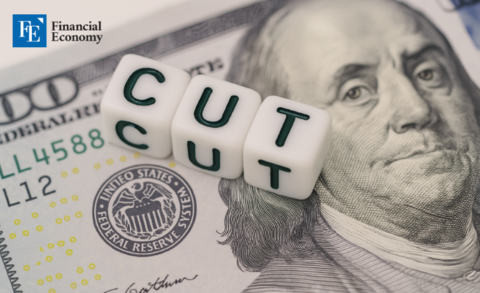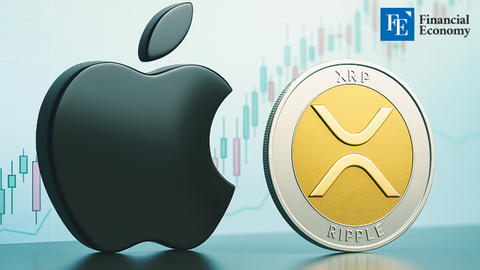RFK Jr.’s Anti-Vaccine Crusade: A Public Health Crisis Worsens Amid Measles Outbreaks
Input
Modified
The Rise of Vaccine Hesitancy: How Misinformation is Fueling a Measles Resurgence The NIH Takes Action: Fighting Misinformation to Protect Public Health A Call to Action: Stopping the Spread of Anti-Vaccine Propaganda
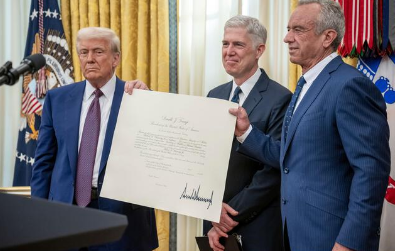
The Rise of Vaccine Hesitancy: How Misinformation is Fueling a Measles Resurgence
Robert F. Kennedy Jr., once a respected advocate for environmental issues, has now found himself at the center of a growing public health controversy. His outspoken opposition to vaccines and his recent promotion of “alternative” treatments for the ongoing measles outbreaks have raised alarm bells among health professionals and experts alike. While Kennedy’s name may evoke images of the Kennedy family's legacy, his current stance on public health is in direct opposition to scientific consensus, and it poses a dangerous threat to the public’s well-being.
As measles cases rise across the United States, largely due to declining vaccination rates, Kennedy has seized on the crisis as an opportunity to promote unproven and harmful remedies for the disease. His claims are not only misleading but potentially life-threatening, as they encourage individuals to turn to treatments that lack scientific backing instead of seeking proven medical interventions. In a world where misinformation about vaccines is already wreaking havoc, Kennedy’s rhetoric is adding fuel to a fire that could have devastating consequences for public health.
The situation has become even more dire with the ongoing measles outbreaks. As the disease continues to spread across states, with an increasing number of reported cases, Kennedy’s advocacy for these pseudo-scientific treatments is becoming a major point of concern. His actions are contributing to a broader crisis of vaccine hesitancy, which, as public health experts warn, could lead to even greater outbreaks of preventable diseases in the near future.
Measles, once considered nearly eradicated in the United States, has made a strong comeback in recent years. This resurgence is largely attributed to declining vaccination rates, which have been influenced by a growing anti-vaccine movement. This movement, with figures like Kennedy at its forefront, has led many to question the safety and efficacy of vaccines. Kennedy’s rhetoric, particularly his promotion of “alternative” treatments, has become a rallying cry for those who reject the science behind immunization.
The problem of vaccine hesitancy is not confined to a few fringe groups; it has become a widespread issue, particularly among parents who, influenced by misinformation, choose not to vaccinate their children. This growing reluctance to vaccinate has left communities vulnerable to the spread of preventable diseases like measles, which is highly contagious and can lead to severe complications, including hospitalization and death.
Health experts have consistently emphasized the importance of herd immunity in preventing the spread of diseases like measles. When a significant portion of the population is vaccinated, it protects those who cannot be vaccinated—such as infants, the elderly, and those with compromised immune systems—by reducing the overall incidence of the disease. However, as more people refuse vaccines, this herd immunity is weakened, and outbreaks like the current measles crisis become more likely.
Kennedy’s involvement in this issue is particularly troubling because of his high profile. As the son of Robert F. Kennedy and nephew of former President John F. Kennedy, his words carry significant weight, and many people look up to him as a source of authority. Unfortunately, this influence has been used to spread anti-vaccine propaganda, which undermines the work of health professionals and experts who are fighting to control the outbreak and prevent further infections.
The situation is becoming increasingly dire. According to the Centers for Disease Control and Prevention (CDC), measles outbreaks have been expanding rapidly across the U.S., with cases reported in multiple states. The Health Alert Network (HAN) issued a warning regarding the growing threat of measles, especially with the upcoming travel season. The report highlighted the risk of international travelers bringing the disease back into the country, further exacerbating the situation.
As of now, the outbreaks show no signs of slowing down, and the number of cases continues to climb. The CDC and other public health organizations are urging the public to get vaccinated and to ensure their children are up to date on their immunizations. In addition to the direct health risks posed by the disease itself, there are also long-term consequences to consider. The more people who are unvaccinated, the higher the risk of widespread outbreaks, which could strain healthcare systems and lead to unnecessary suffering and death.
Kennedy’s promotion of false treatments during this critical time only serves to confuse the public and make it more difficult to combat the spread of the disease. Instead of encouraging people to rely on scientifically backed treatments, such as vaccines, he is pushing dangerous alternatives that have no proven efficacy. This misinformation is undermining the efforts of healthcare professionals and public health organizations who are working tirelessly to educate the public and control the outbreaks.
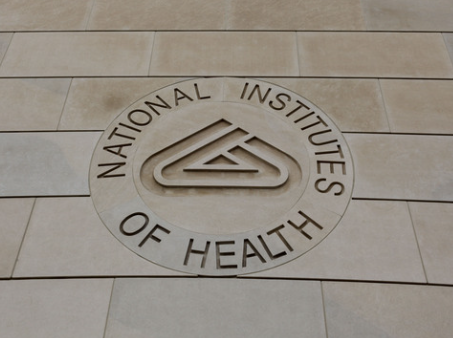
The NIH Takes Action: Fighting Misinformation to Protect Public Health
In response to the growing challenge of vaccine hesitancy, the National Institutes of Health (NIH) has taken a significant step by announcing that it will terminate or limit funding for research related to vaccine hesitancy and uptake. This move reflects the increasing concern over the role of misinformation and anti-vaccine rhetoric in undermining public health efforts.
The NIH’s decision to limit funding for certain research projects related to vaccine hesitancy is part of a broader effort to combat the spread of false information and ensure that public health initiatives are grounded in solid science. The agency has recognized that misinformation about vaccines poses a serious threat to public health, and it is taking steps to curb its influence.
The NIH’s actions come on the heels of widespread criticism of figures like Kennedy, who continue to promote misinformation about vaccines and their safety. By cutting funding for research that perpetuates vaccine hesitancy, the NIH is signaling that it is committed to prioritizing evidence-based solutions to public health problems.
While Kennedy and others may continue to push their anti-vaccine agendas, public health organizations and researchers are working hard to combat the damage caused by misinformation. The NIH’s decision to take a stronger stance against vaccine hesitancy is a step in the right direction, but more needs to be done to address the root causes of vaccine resistance and to counter the influence of figures like Kennedy.
Public health leaders have a critical role to play in countering the rise of anti-vaccine sentiment and ensuring that the public has access to accurate, reliable information. Health professionals must continue to speak out against the spread of misinformation and work to rebuild public trust in vaccines. The fight against measles and other preventable diseases is not just a matter of individual choice; it is a collective responsibility to protect vulnerable populations and prevent further outbreaks.
In addition to educating the public, healthcare providers must also engage with those who are hesitant about vaccines in a compassionate and non-judgmental way. Many people who are hesitant to vaccinate may have genuine concerns or may have been influenced by misinformation. By providing clear, evidence-based information and addressing concerns directly, public health leaders can help individuals make informed decisions about vaccination.
At the same time, there is a growing need for stronger regulation of anti-vaccine rhetoric. While freedom of speech is an important right, the spread of harmful misinformation that puts public health at risk must be carefully examined. In the case of Kennedy, his influence and platform have allowed him to spread dangerous ideas about vaccines, and these ideas are contributing to the erosion of public trust in immunization programs.
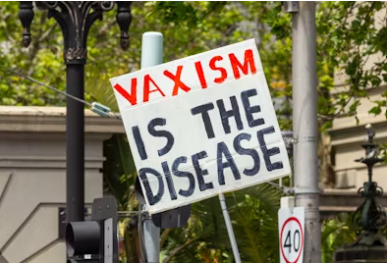
A Call to Action: Stopping the Spread of Anti-Vaccine Propaganda
As measles outbreaks continue to spread, it is more important than ever to ensure that the public has access to accurate information about vaccines and the importance of immunization. The influence of figures like Robert F. Kennedy Jr. is dangerous, and his promotion of unproven treatments must be countered by public health officials, researchers, and medical professionals.
The fight against vaccine hesitancy is a long-term battle that requires a concerted effort from all sectors of society. From healthcare providers to policymakers, everyone has a role to play in protecting public health and ensuring that the public is armed with the facts. The more people who are vaccinated, the less likely outbreaks like measles will occur, and the closer we will get to eradicating preventable diseases once and for all.
In the end, combating the influence of anti-vaccine rhetoric is not just about protecting individuals; it is about safeguarding the health of entire communities. As long as public figures continue to spread misinformation about vaccines, the work of healthcare professionals and public health leaders will remain as crucial as ever in the fight against preventable diseases.






